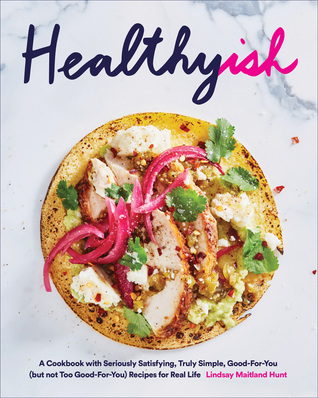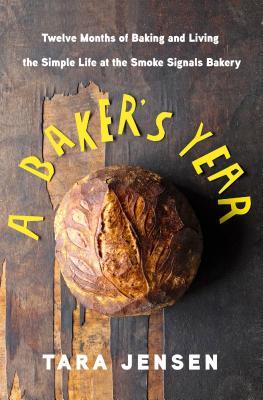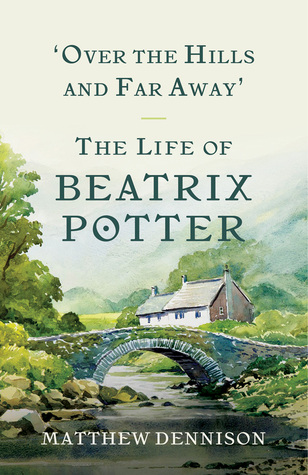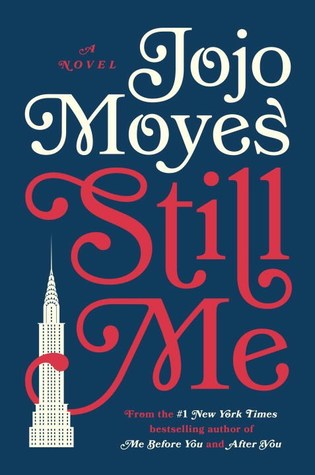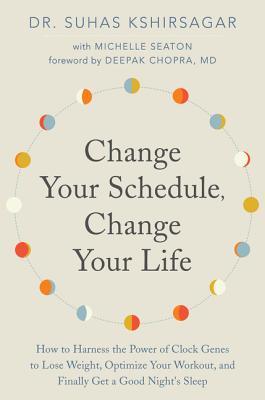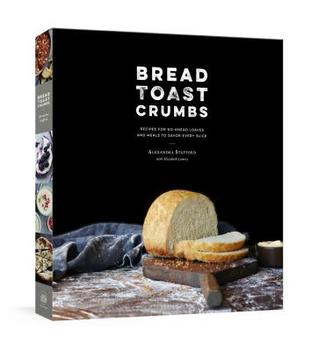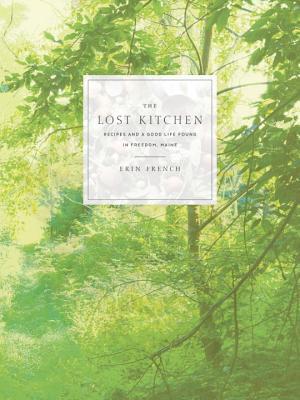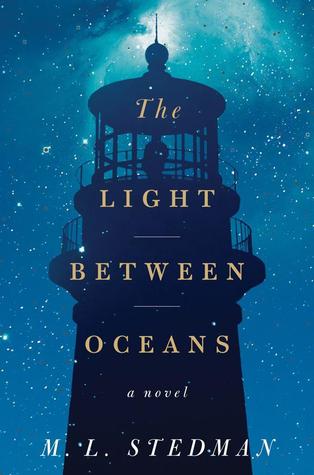The Light Between Oceans by M. L. Stedman - Evening Edition book club, re-read
When Tom Sherbourne returns to Australia after fighting for four years on the Western Front he just wants solitude to try to sort through everything he's seen and done in the war so he takes a job as a lighthouse keeper on Janus Rock, an island that is half a day's journey from the coast. When he brings his new bride Isabel back to Janus Rock with him it seems like their world is perfect - they both love living on Janus and love each other. But, then after Isabel suffers two miscarriages and a stillbirth Tom sees that Isabel is starting to retreat into herself further and further after each loss. When a boat washes ashore with a dead man and a live infant inside to Isabel this is an answered prayer, but Tom wants to report the man and baby immediately. Because of Isabel's losses and how she lights up with this new baby he reluctantly agrees to keep the child and raise it as their own. But, when they go back to the mainland for their first leave nearly 3 years since they left they realize that their decision to keep the baby as their own has far reaching consequences. Tom truly struggles with how to do the right thing this far into their lies. This begins to strain their marriage and when everything comes to light Tom, Isabel, and baby Lucy will be forever changed.
This was an incredibly well-written novel - you could almost feel and taste the salt air at the lighthouse and you really feel for Tom and Isabel after all they've been through. The author does a great job with the characters working through all the moral issues that surface throughout the book. I also really like a book that has a realistic ending and everything isn't tied up too perfectly. This is probably one of the best books I've read this year - and it's the first novel by this author so I will definitely be on the lookout for more from her!
Re-reading this book it was just as good as the first time. A beautifully written love story with a tear-jerker ending. Should make for a good book club discussion. [Re-read Jan 29-Feb 2, 2018]

My Lovely Wife in the Psych Ward by Mark Lukach
Mark and Giulia met their freshman year of college and married a few years out of college. They both had jobs they loved and were starting their married life in San Francisco, but when Giulia was 27 she had a psychotic break and was hospitalized for 23 days. Doctors still weren't sure what Giulia's diagnosis was, but she was able to go home. Then the crippling depression and suicidal thoughts started. Finally a few years after her first breakdown, it seemed like this was a one-time thing and the couple got pregnant. But, when their son was a few months old Giulia had another breakdown, this time spending 33 days in the hospital. At the time Mark was a stay-at-home dad, but he still struggled to care for their son and visit Giulia and help her. After the second breakdown Giulia was diagnosed with bipolar disorder and over time she and Mark worked out a plan to deal with any future breakdowns. Unfortunately, a few years later she was hospitalized for a third time, but this was the shortest and she was able to return to work after just a month off. My Lovely Wife in the Psych Ward is Mark's story of how Giulia's illness impacted him and their marriage. It's a true love story in that Mark never gives up and never loses hope that Giulia will get better. There is a really great video on Mark's website (http://www.marklukach.com/about/) of an interview with him and Giulia - it was nice to see what she looks like and hear her side of things. Definitely a sad story, but still a love story.

Vinegar Girl by Anne Tyler - Books & Banter book club
I wasn't sure what to expect with this book and it's been a long time since I read Shakespeare's Taming of the Shrew, but this one left me kind of dumbfounded. While Kate is the narrator, it is not clear when or even if she really falls in love with Pyotr. Their wedding is so terrible and such a disaster that I really felt bad for her, but maybe she truly didn't mind every single thing going wrong. There are a lot of unanswered questions, but based on the epilogue it seems like she is happy with Pyotr. It was just a very odd story. I'll be interested to see what my book club thinks of this one.
A quote I liked:
"It seemed they viewed her differently now [after her engagement]. She had status. She mattered. All at once they were interested in what she had to say. She hadn't fully understood that before this, she hadn't mattered, and she felt indignant but also, against all logic, gratified." (p. 152)
Modified: GMOs and the threat to our food, our land, our future by Caitlin Shetterly
Shortly after she was married Caitlin Shetterly started getting sick with a variety of symptoms that didn't seem to point to an obvious illness. After her son was born it continued to get worse to the point where she was exhausted all the time and could barely do anything. Around the same time her son experienced some weird symptoms and his doctor thought it might be a corn allergy. Not long after that Caitlin finally saw a doctor who said he thought she might be having an allergy to the proteins created by the enterotoxins bred into GMO corn - and that was likely what her son had as well. But, in trying to cut GMO corn completely out of her diet proved harder than you might think - corn is in EVERYTHING - pretty much every processed food has some corn derivative in it. Shetterly's family had to basically grow and source local, non-GMO food and prepare it themselves, but once they did all of her symptoms stopped. After going through this traumatic experience, Shetterly wanted to dig into GMOs. What exactly are they? What do we know about how they affect humans? This book is the result of those questions. A very thorough, but easy to read explanation of the horror-show that is genetically modified organisms, or GMOs. This is a terrifying, yet must-read book that exposes how our government has allowed Monsanto and other biotech companies to mutate our food for huge profits.
Quotes I liked:
"[Dr. Mansmann] said he'd come to believe, in the years since GMOs were first introduced, that some people might be developing a kind of chronic allergic response that was caused not by the corn itself, but instead by the proteins created by both the enterotoxins, bred into the corn to make it pest-resistant, and the proteins created from making it 'Roundup Ready'..." (p.14)
"I find that people like to say that farmers have been 'genetically modifying' our food for ten thousand years. This is just not accurate...To emphasize, a GMO, most often, carries the genes from two different species - and only technology (except in rare occurrences) can make this happen. No farmer or plant breeder or botanist can do this outside of a lab. Again, GMOs can only be made in the laboratory. Nature will never make a GMO on her own and you can't make one out in the field, no matter how brilliant a farmer you are." (p. 22)
"(Between 2001 and 2007, as GMO products took off, glyphosate use more than doubled; 180-185 million pounds of glyphosate were used in 2007. Some researchers estimate another doubling, as least, in the last decade, but it's hard for us to know because the Bush administration, openly friendly with the chemical companies, was reportedly persuaded to stop recording glyphosate sales in 2007.)" (p. 28-9)
"...back in 2002, during the African famine, Zimbabwe, Mozambique, and Zambia refused food aid from the United States because they did not want genetically modified corn. (Zambia's President Mwanawasa said, famously, 'Simply because my people are hungry, that is no justification to give them poison.')" (p. 98-9)
[Dave of Food Democracy Now!] "'It almost doesn't matter who's in the White House because it's been a corporate takeover of our government,' he said. 'This is gangster capitalism.' And then he elaborated further, 'There are six hundred corporate lobbyists controlling America. No one in the White House does.'" (p. 150-1)
"Ignacio said that a German importer had told him that he had hit a stumbling block in his importation business: In order to make sure his honey is GMO-free, he has to run some expensive PCR testing (testing for GMO DNA) to be sure the 'GMO-free' label is accurate. And the problem was that his drums were often contaminated. He told Ignacio that even a small amount of GMO DNA from just one family's operation could ruin a whole drum, in which he's already invested quite a bit of time and money. So Ignacio had asked the guy, 'Well, what do you do with it if it does have GMO DNA? Do you dump the honey into the sea or what?' And the guy says to Ignacio, 'Oh no. We just send it to the U.S. where people don't care.'" (p. 168-9)
"In Dashka Slater's Mother Jones piece, she wrote, 'Gender deformities were present among frogs exposed to as little as 0.1 part per billion (picture a thousandth of a grain of salt in a half gallon of water). That's thirty times less than the 3 ppb the EPA allows in our drinking water.' Indeed, some of Tyrone's studies were showing that atrazine, even at extremely low levels, was causing some male frogs to 'become' females - complete with female parts. This was an electrifying and terrifying discovery." (p. 294)
"Wendell Berry's famous words: 'You cannot regulate an abomination. You have got to stop it.'" (p. 306)
"[A 2014] study said that neonics are as dangerous as DDT and are affecting birds, fish, worms, pollinators, bugs - you name it. Their study also found that traces of neonics have been found in fruits, vegetables, cow's milk, and honey. This is the first comprehensive compendium that seems to point the finger, without a doubt, to the trouble neonics, used primarily on GMO crops, could be wreaking." (p. 323)
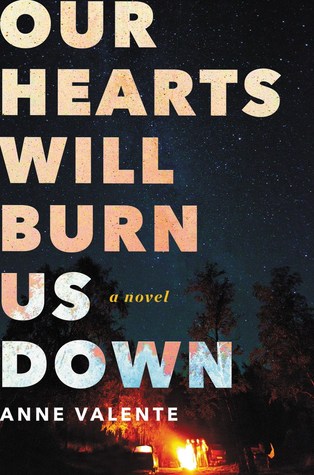
Our Hearts Will Burn Us Down by Anne Valente
It's bad when you pick up a book that sounds good, but turns out to be terrible and you stop reading it. But it's worse when you're reading a book that you're liking and want to see what happens only to be disappointed with a terrible ending - that is this book. A school shooting at a high school in St. Louis, MO is followed by a string of unexplained house fires at the shooting victim's homes. Told from the perspectives of four Juniors, all friends and all on the yearbook committee - Christina, Matt, Nick, and Zola. As they each try to deal with their own trauma and experiences during the shooting, they are also on edge due to the fires, grief, and normal high school stresses. I didn't love the writing, sometimes it was hard to tell who the narrator was and there were no quotation marks for conversations. But, I was interested enough in the story and I wanted to know what was behind the fires and that was where the author totally dropped the ball. The ending is so vague and terrible that I was like WTF did I just read?! As another reviewer on Goodreads said, "I can't believe I struggled through this mess of jangling sentence fragments and plot holes to see how this writer planned to resolve the mysteries, only to discover she never had any intention of doing so." Definitely disappointing and I won't be looking for any other books by this author in the future.
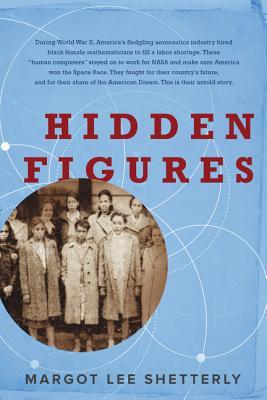
Hidden Figures by Margot Lee Shetterly - Books & Banter and Evening Edition book clubs
The story of the African-American women computers who worked to make NASA space flight and the moon landing possible is an amazing story that I had never heard of before this book came out. But, unfortunately this book is just not well written. I so wanted to like it, but found myself skimming because it was so bogged down in details and names. I think if the story had been told better this could have been an amazing book. I was also surprised that there were no pictures at all - it would have helped to put faces with names. While the women's stories and accomplishments are AMAZING, this book is not. It's unfortunate that this lost story of women's and African-American history was not written better. Very disappointing. I'll be interested to see what my book clubs think of this one. I also plan to watch the movie now that I've read the book - hopefully it will be more interesting than the book.
Some quotes I liked:
"Even as a professional in an integrated world, I had been the only black woman in enough drawing rooms and boardrooms to have an inkling of the chutzpah it took for an African American woman in a segregated southern workplace to tell her bosses she was sure her calculations would put a man on the Moon. These women's paths set the stage for mine; immersing myself in their stories helped me understand my own." (p. xv)
[As public school integration started in Virginia] "In Prince Edward County, however, segregationists would not be moved: they defunded the entire county school system, including R.R. Morton in Farmville, [where Dorothy Vaughan taught] rather than integrate. No municipality in all of America had ever taken such draconian action. As white parents herded their students into the new segregation academics, the most resourceful black families scrambled to salvage their children's educations by sending them to live with relatives around the state, some as far afield as North Carolina. Prince Edward's schools would remain closed from 1959 through 1964, five long and bitter years...Commenting on the situation in 1963, United States Attorney General Robert Kennedy said, 'The only places on earth known not to provide free public education are Communist China, North Vietnam, Sarawak, Singapore, British Honduras - and Prince Edward County, Virginia.'" (p. 204)

Sleeping Giants by Sylvain Neuvel
When Rose Franklin was a child she fell into a hole that held a giant metal hand surrounded by panels of strange text. Seventeen years later Rose is a brilliant physicist leading a secret team to crack the code found with the hand. Told exclusively in interviews between Rose and her team members with a mysterious benefactor/powerful behind-the-scenes leader the story quickly unfolds as this elite, yet unorthodox team works to unlock an ancient mystery. The story that unfolds is pretty crazy, but believable at the same time. I really liked how the story was told and I don't think it would have been as effective if it had been a regular narrative. It's very curious who the mystery interviewer might be - the "man behind the man behind the man behind the throne." It's definitely interesting to see the relationship change between each character and the mystery man. Since this is #1 in a trilogy, I'm definitely interested to see what happens next in this crazy story. Worth checking out even if you're not a huge sci-fi fan!
